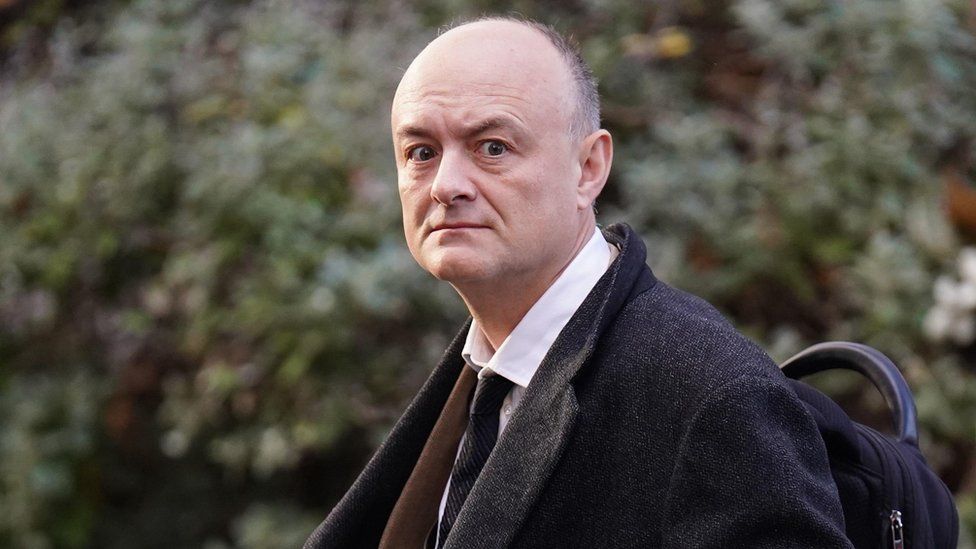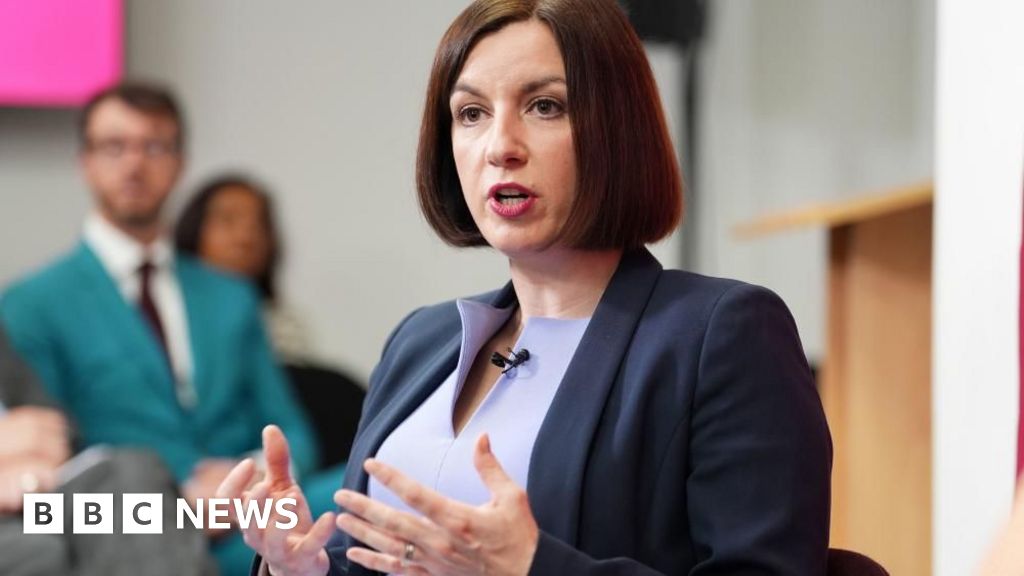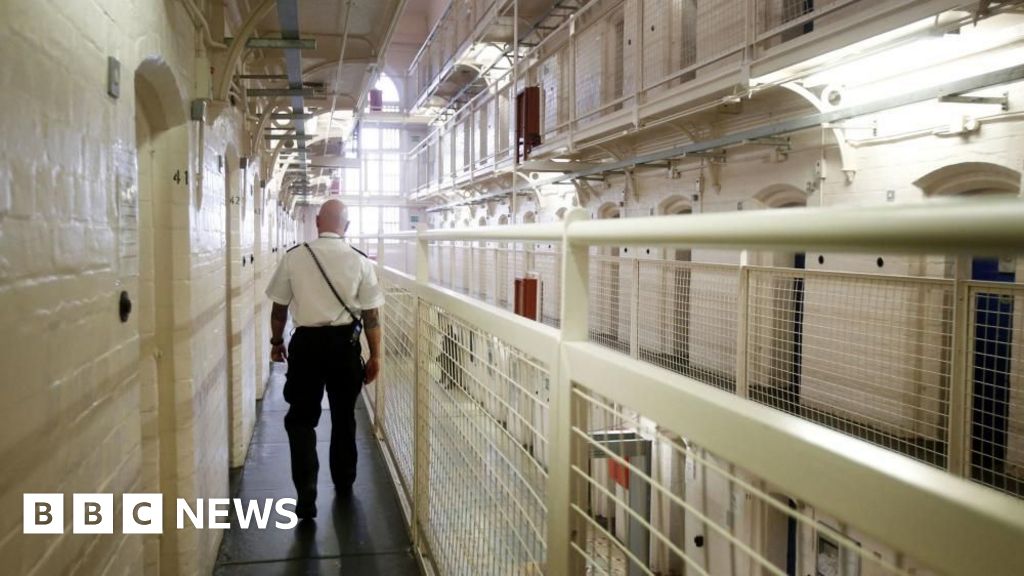ARTICLE AD BOX
 Image source, PA Media
Image source, PA Media
By Doug Faulkner & Iain Watson
BBC News
Former No 10 adviser Dominic Cummings says he met Rishi Sunak twice in the past year to discuss political strategy and how to defeat Labour.
Writing on his blog, Boris Johnson's right-hand man turned arch-critic said the current prime minister had asked him to "secretly" work on strategy.
But he said his conditions for doing a deal had not been met.
Downing Street said there had been a broad discussion of politics and campaigning but no job was offered.
Mr Cummings' relationship with former prime minister Mr Johnson ended in acrimony, but according to a Sunday Times report he met the current incumbent last December and then again in July.
The former Vote Leave strategist said Mr Sunak had wanted him to work on politics and communications behind the scenes ahead of the general election, with a promise of a return to No 10 if the Conservatives - who are lagging behind Labour in the polls - won.
Mr Cummings said he had wanted more urgent action on what he saw as critical issues - from overhauling defence procurement to protecting against future pandemics - and believed the government itself needed to be reformed.
But his conditions, he said, were not met.
"The PM decided against the deal I proposed. He wanted instead that I work secretly on politics and communication in return for a promise that I could come to No10 and sort out my priorities after the election," he wrote.
Mr Cummings said he did not speak to Mr Sunak again until July, when he was asked to speak to the prime minister but described their conversation as "essentially a repeat".
He said the pair "clearly disagreed on what he'd been doing and what he wanted to do" and his view was Mr Sunak's approach to government was "doomed".
Mr Cummings said the prime minister thought "my open involvement in government... would drive the MPs and media mad and cause him serious political problems".
He added that the idea of working on the next election "makes me feel sick" and that he did not want his old job back, only the ability "to ensure action on critical issues".
Labour said that if Mr Sunak believed the architect of Mr Johnson's premiership was the answer to his problems, then he had been asking the wrong question.

 1 year ago
30
1 year ago
30








 English (US) ·
English (US) ·